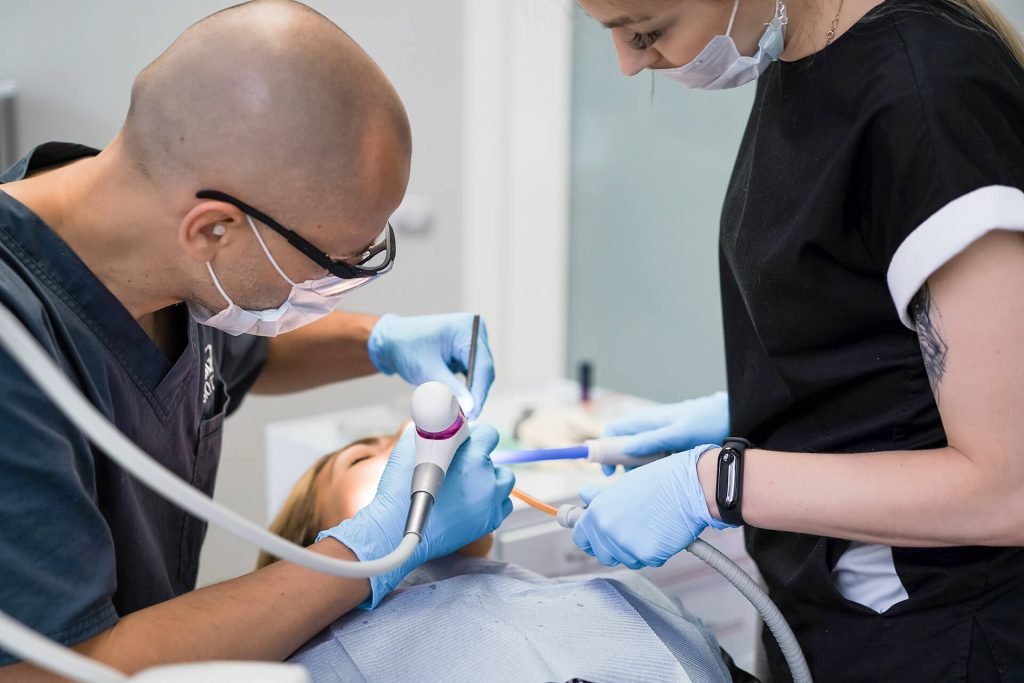Exploring Oral and Maxillofacial Surgery: Procedures, Benefits, and Considerations

Oral and maxillofacial surgery (OMS) encompasses a range of surgical procedures aimed at treating conditions affecting the mouth, jaws, face, and neck. From tooth extractions to corrective jaw surgery, OMS plays a crucial role in addressing various dental and facial conditions. Understanding the procedures, benefits, and considerations associated with OMS is essential for patients considering surgical intervention. Common Procedures Oral and maxillofacial surgeons are trained to perform a wide array of surgical procedures to address both functional and aesthetic concerns. Common OMS procedures include tooth extractions, including impacted wisdom teeth removal, dental implant placement to replace missing teeth, corrective jaw surgery to correct bite abnormalities or facial asymmetry, and treatment for facial trauma resulting from accidents or injuries. Benefits of OMS OMS offers numerous benefits for patients, including improved oral function, enhanced facial aesthetics, and relief from pain or discomfort associated with dental and facial conditions. Procedures such as dental implant placement can restore chewing function and improve speech, while corrective jaw surgery can enhance facial harmony and alleviate temporomandibular joint (TMJ) disorders. Considerations Before Surgery Before undergoing OMS, patients should consider several important factors. This includes undergoing a thorough pre-operative evaluation to assess overall health and suitability for surgery. Patients should also discuss anesthesia options with their surgeon and understand the potential risks and benefits associated with different types of anesthesia. Risks and Complications While OMS procedures are generally safe, they carry certain risks and potential complications. These may include infection, bleeding, nerve damage leading to numbness or tingling, and complications related to anesthesia. Patients should be informed of these risks and discuss any concerns with their surgeon prior to undergoing surgery. Recovery and Aftercare Recovery following OMS procedures varies depending on the complexity of the surgery. Patients can expect some degree of discomfort and swelling following surgery, which can be managed with pain medication and cold compresses. It is important to follow post-operative instructions provided by the surgeon, including dietary restrictions, oral hygiene protocols, and attending follow-up appointments for monitoring progress. Conclusion Oral and maxillofacial surgery plays a vital role in addressing a wide range of dental and facial conditions, offering patients improved oral function, enhanced aesthetics, and relief from pain or discomfort. However, thorough pre-operative evaluations and discussions with the surgeon are essential to ensure optimal outcomes. By understanding the procedures, benefits, and considerations associated with OMS, patients can make informed decisions about their oral health and treatment options.

